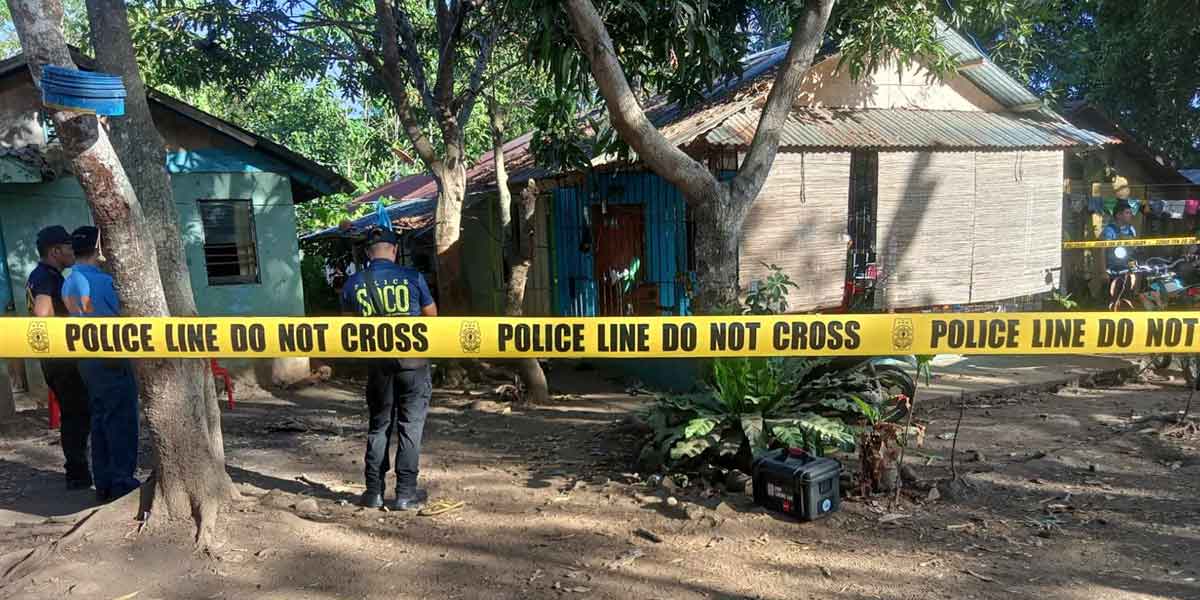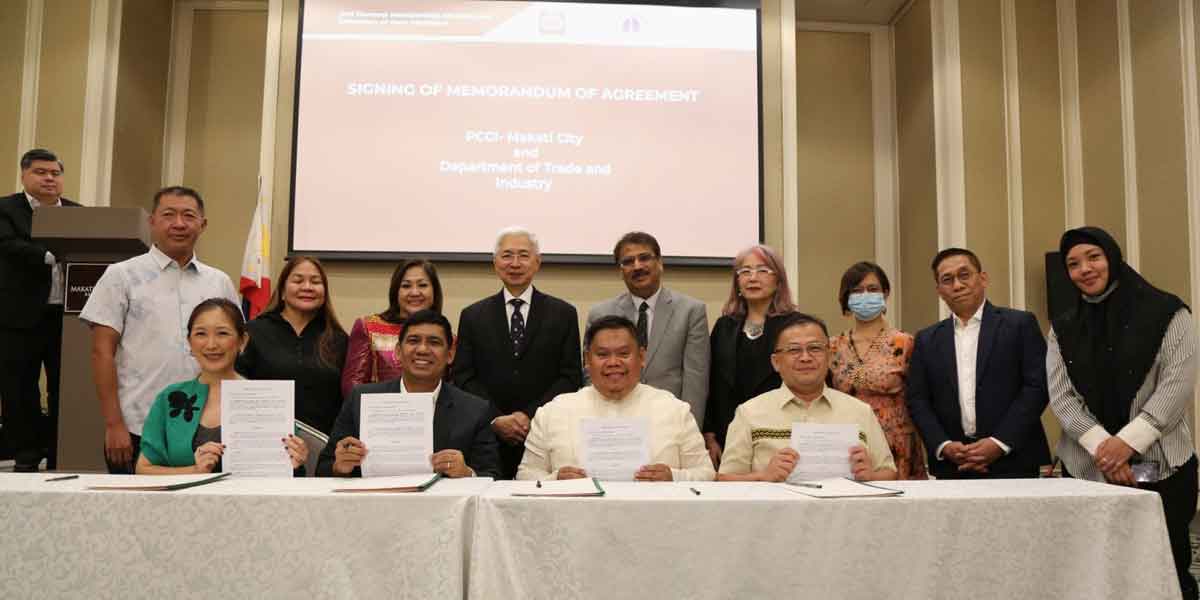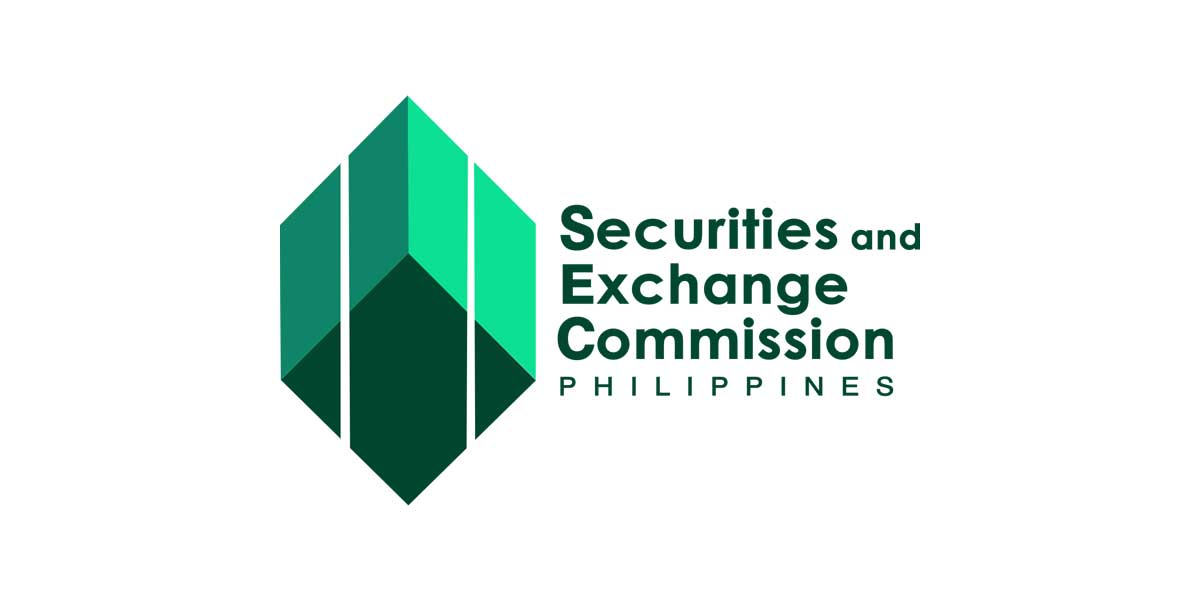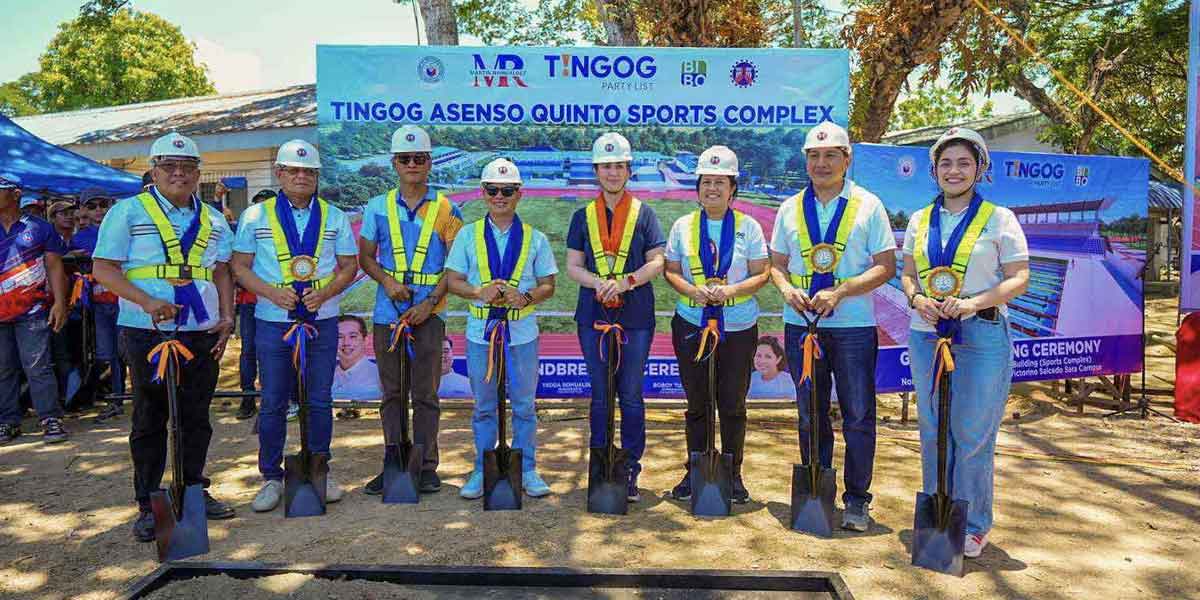 By Joshua Corcuera
By Joshua Corcuera
Thanks to technology, the world has become closer than ever as people from all walks of life can be easily connected. What is happening around the world can be known in real-time at the same time. However, as the maxim goes, every coin has two sides. The internet is also used as a tool for disinformation — the intentional propagation of lies and dissemination of falsehoods.
One time, just recently, I came to YouTube seeing questionable titles on Philippine history — particularly on Marcos’ martial law. Some of the videos praise the late dictator for various reasons, with some suggesting that the Philippines would be like Singapore or America had his plans came to fruition. There is even a claim regarding the wealth of the former president, suggesting that his wealth could have made the country the richest in the world. And some would go even further, claiming that we are the region’s wealthiest nation. From a perspective concerning economics and statistics, however, these claims are false.
According to JC Punongbayan and Manuel Albis, teaching fellow at UP School of Economics and assistant professor at UP School of Statistics respectively, Filipinos today would have been richer were it not for Marcos’ economic mismanagement and bad economic policies. In a 2016 article for Rappler, they said that we lost two decades of development under the Marcos dictatorship. These lost decades of development, the authors wrote, were not unavoidable and were borne directly by Marcos’ policies. Moreover, statistics from various reliable references such as the World Bank state that the majority of the population in 1985 — 59% to be precise — is living below the poverty line.
Furthermore, claims of the Marcoses owning millions of tons of gold — which the videomakers say would save the world — are obviously preposterous since there is only an estimated 190,000 metric tons of gold mined around the world throughout history according to the World Gold Council. As to the so-called ‘plans’ of the late dictator that could have made us wealthy, I wonder why more than a decade of absolute power is not sufficient enough to execute these plans.
It is frustrating that so-called history vloggers, even if they were not degree holders of a history course in college, continue to manufacture these lies. More frustrating is that such claims accumulate millions of views and tens of thousands of likes. And the most frustrating part is that many people easily believe such claims as if they did not study Philippine history. The lack of critical thinking and the lack of scrutiny on references are detrimental not only in learning history comprehensively, but also in genuinely understanding other essential academic subjects.
Altogether, falsehoods, disinformation, and questionable claims are common and pervasive in social media sites such as Facebook and YouTube. Though fact-checking is taking place to battle disinformation, fact-checkers are actually attacked as well by those who create false information and their believers. Henceforth, this phenomenon of bitter division between truth and lies will be likely to continue unless significant reforms were implemented.
Altogether, social media sites must be true to its purpose — to connect the world without promoting hate and allowing falsehoods to spread. These platforms have become mediums in which lies are propagated; such occurrence must stop and social media sites must pay attention to this problem.





















